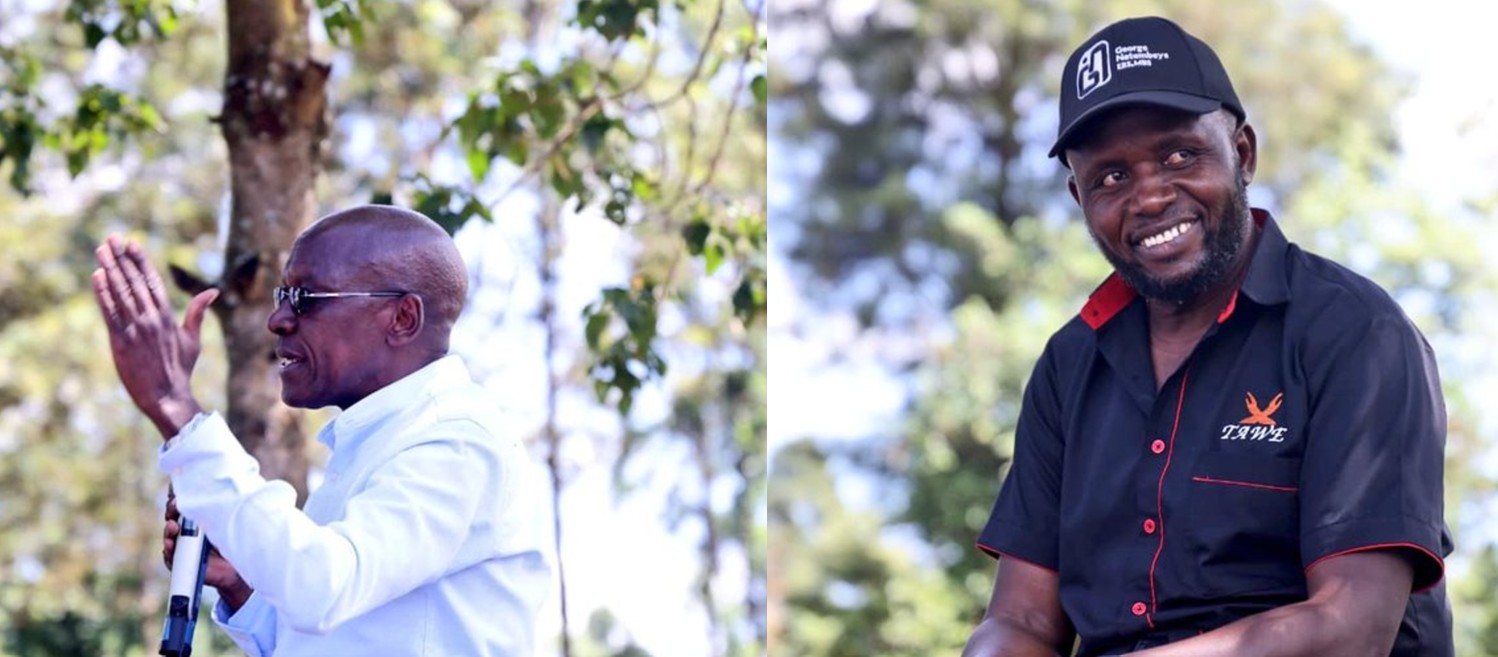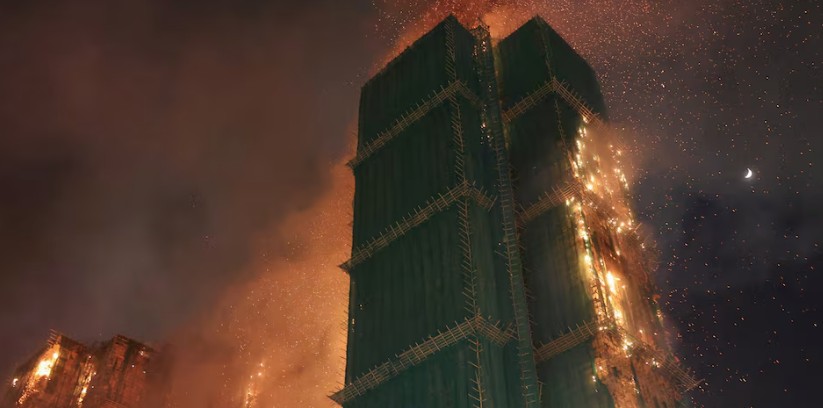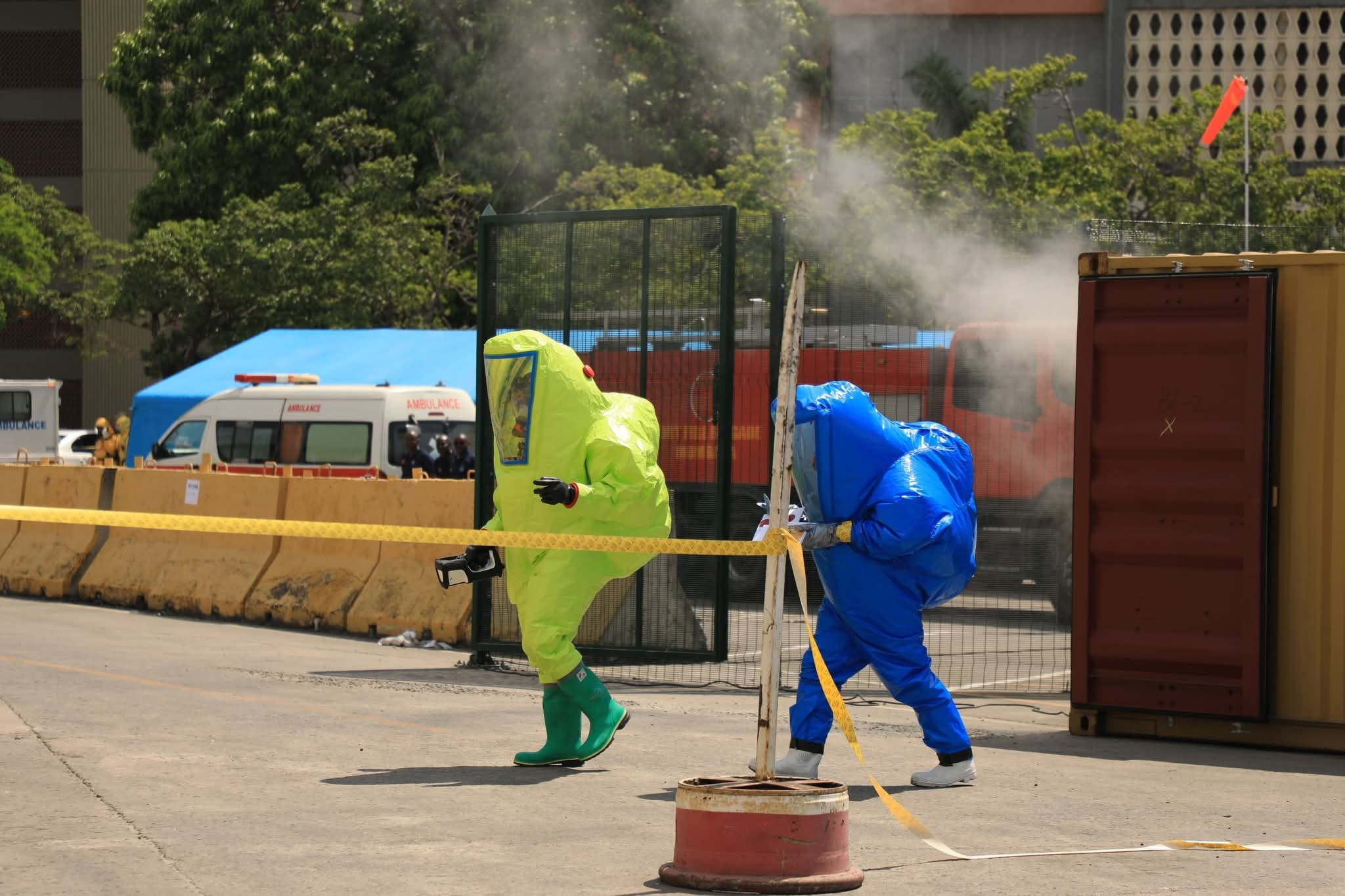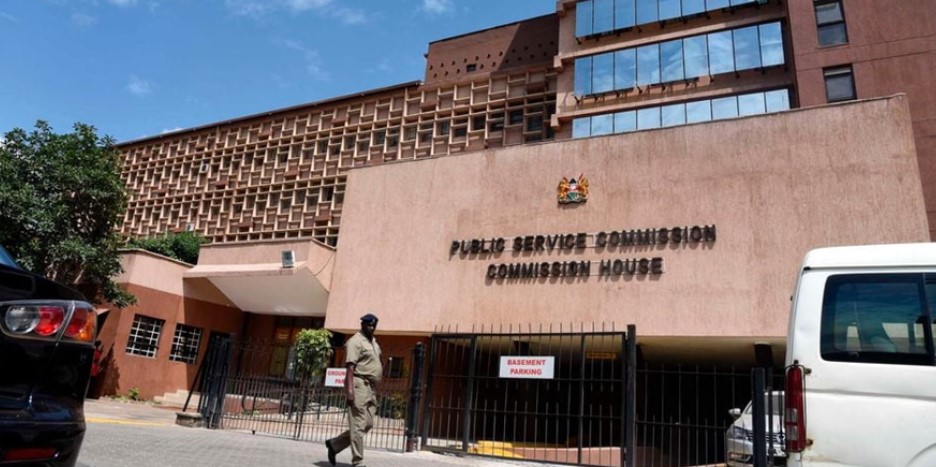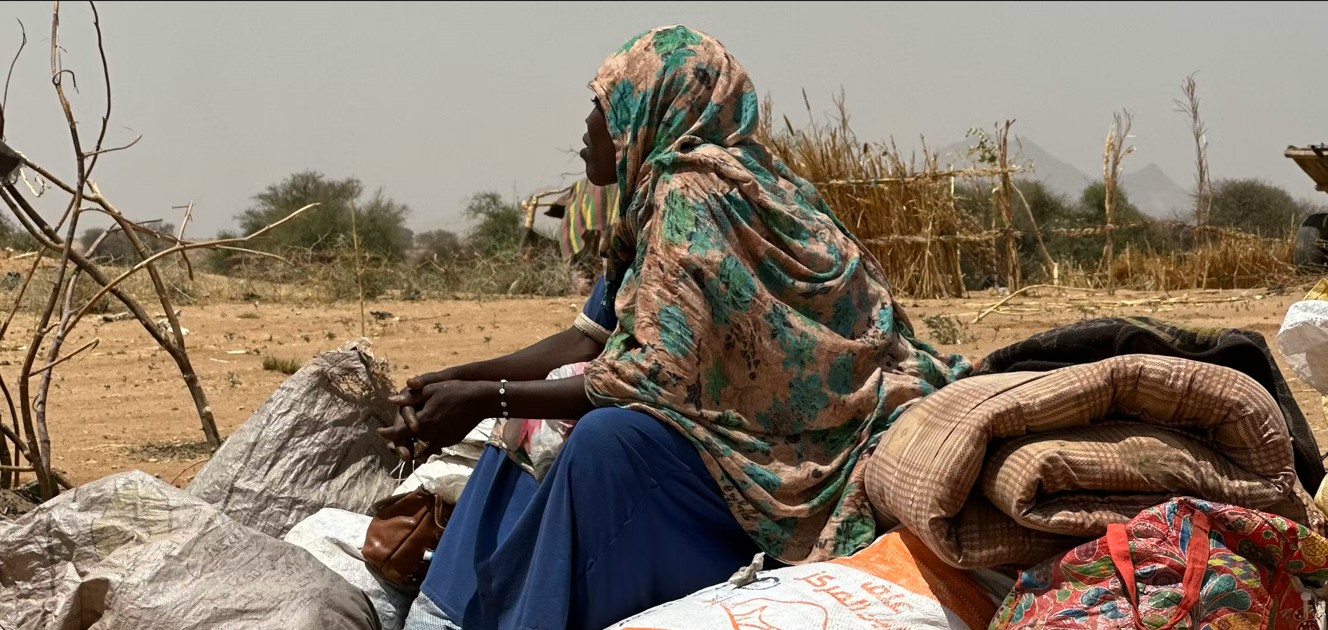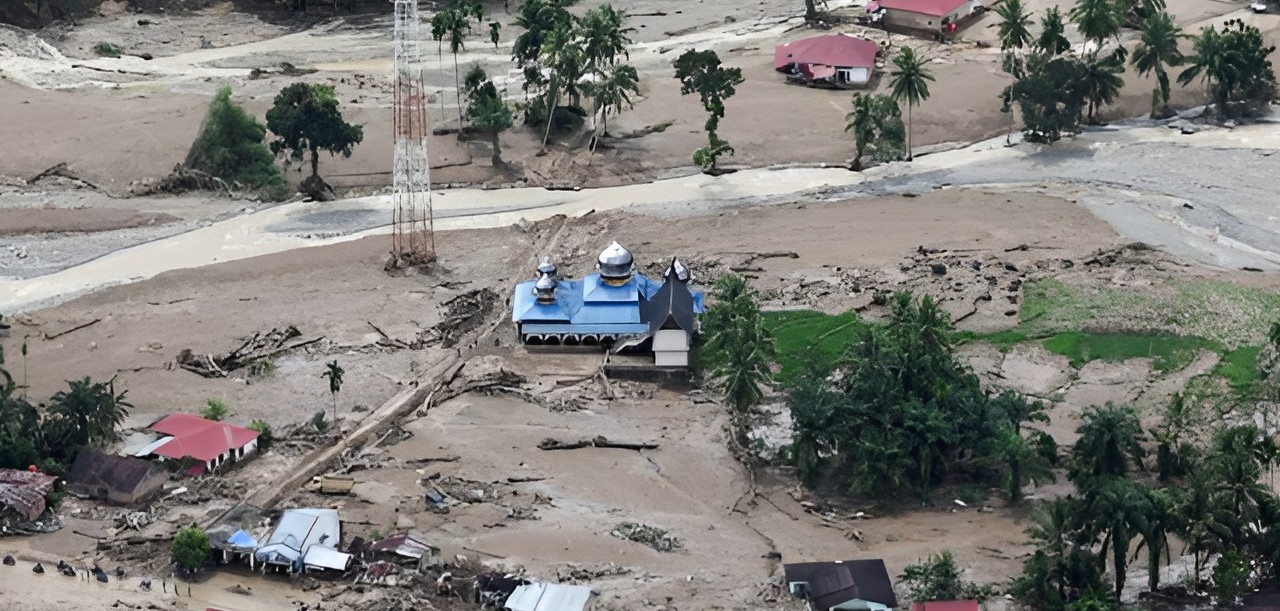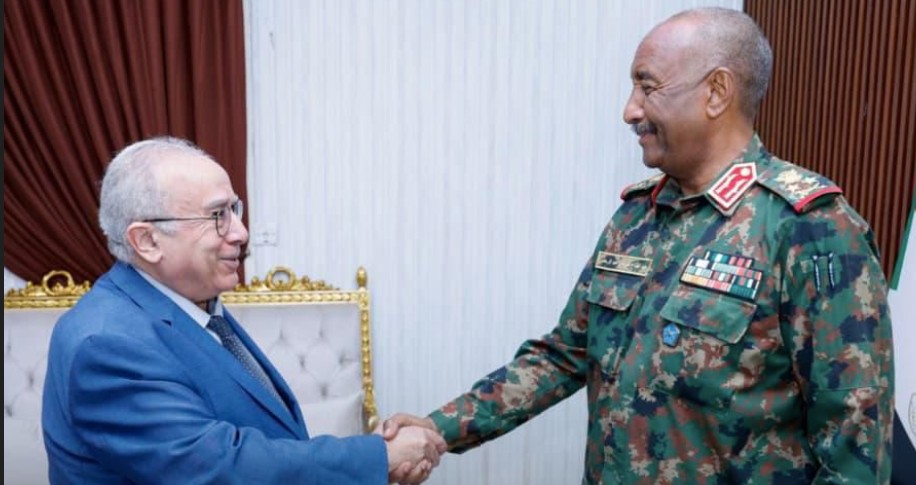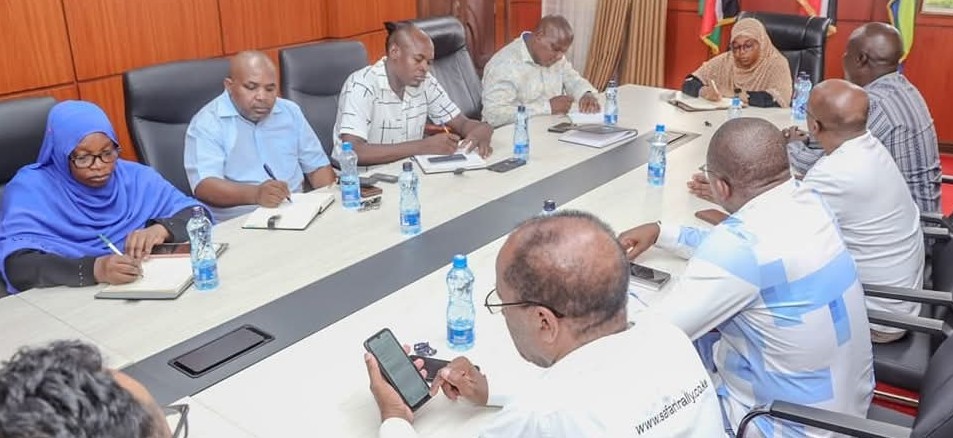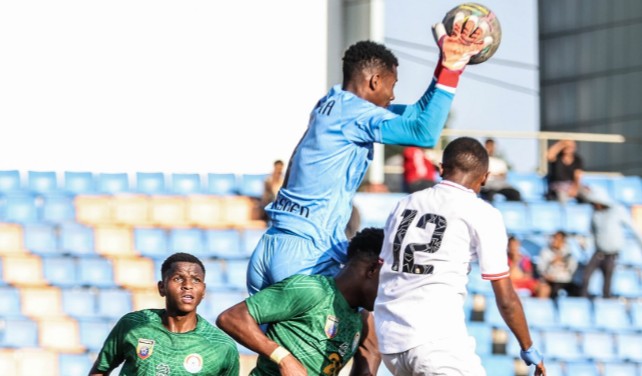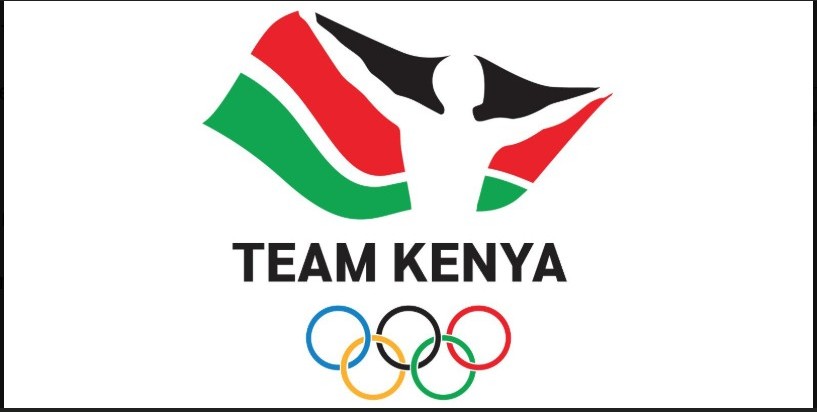Jawar Mohammed explores Ethiopia's political landscape and economic trajectory
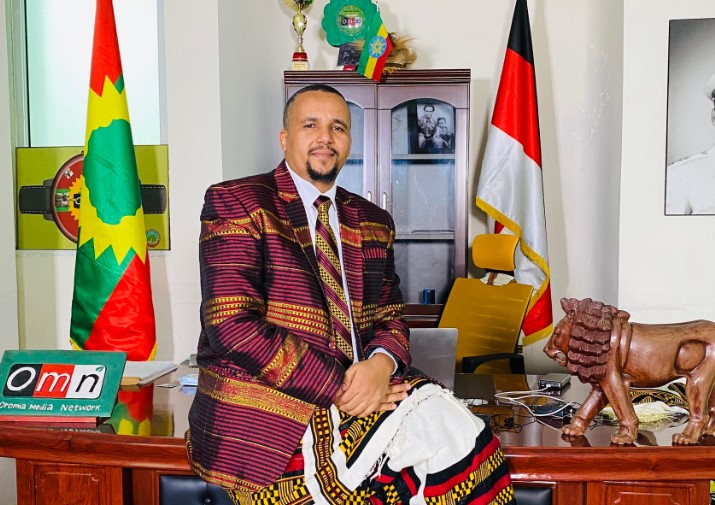
Jawar, had been missing in action since his release from prison.
Prominent Oromo opposition leader, Jawar Mohammed, on May 8, had a lengthy, thought-provoking interview with the Addis Standard, delving into topics ranging from his advocacy for "progressive patriotism" to the implications of Ethiopia's shifting political landscape.
The interview also touched on constitutional amendments, the potential adoption of a presidential system, the rise of the political economy of conflict in Oromia and beyond, and its implications on peace talks.
The activist, who has interests in social movements and democratisation, agreed to the interview a few days after he resurfaced in the public limelight to demand transparency from the Ethiopian Human Rights Commission (EHRC) regarding its investigation into the assassination of Bate Urgessa, an Oromo Liberation Front (OLF) political officer.
More To Read
- Faith under fire: How social media fuels rising attacks on religions, followers in Ethiopia
- Daua Dam, irrigation masterplan gain momentum after high-level talks in Nairobi
- Kenya steps up border checks as Ethiopia confirms outbreak of Marburg Virus Disease
- Technology of freedom, risk of violence: Digital divide facing women in post-war Tigray
- Cultural victory as Ethiopia recovers 12 artefacts taken to Germany in the 1920s
- ONLF accuses Ethiopia of breaching 2018 peace deal as Somali Region tensions rise
Jawar had been missing in action since his release from prison.
"I recently gave a lengthy interview to the Addis Standard Quarterly Journal. You can find the soft copy... or buy a hard copy, at supermarkets," Jawar posted on his X platform.
The journal added that it raised questions that Jawar Mohammed had not been asked in the past, from his move to promote “progressive patriotism” for state viability, to the danger of the ruling class’s indeterminate oscillation between multi-culturalism and multi-nationalism, to the cost of Ethiopia’s administrative collapse of the lower level on the national army, and the rising entrenchment of the political economy of conflict in Oromia and beyond.
It also sought his thoughts on Ethiopia undergoing a transition from the state-led developmental economy of the Ethiopian People's Revolutionary Democratic Front (EPRDF) government to an economy of a parastatal bourgeois class allegedly controlled by a few people.
Jawar also explained why Ethiopia needs comprehensive planning, confidence-building measures, and an anchor narrative that centres on regional integration in its endeavour to secure maritime access.
Q&A
Addis Standard: Is the notion of an old history of statehood or 'a resilient state' a guarantee against state collapse in Ethiopia?
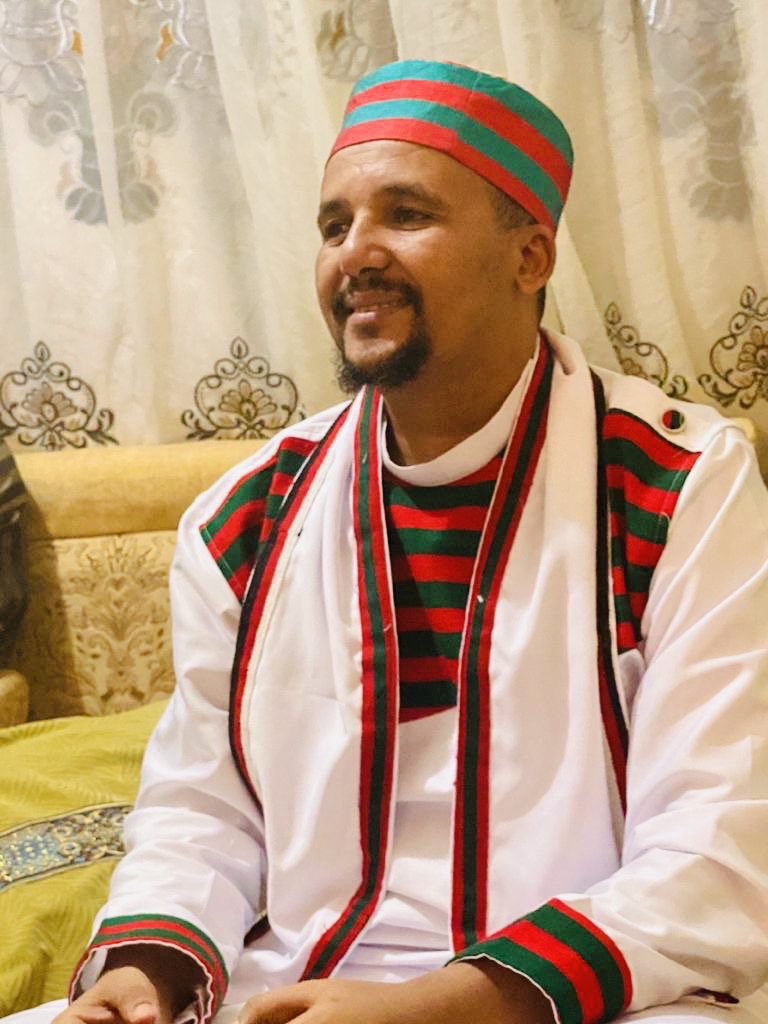 Jawar Mohammed poses for a photo on May 24, 2020 (Photo: Jawa Mohammed)
Jawar Mohammed poses for a photo on May 24, 2020 (Photo: Jawa Mohammed)Jawar Mohammed poses for a photo on May 24, 2020 (Photo: Jawa Mohammed)
Jawar Mohammed: "In his latest book, Loom of Time, published last year, Robert D. Kaplan argues that a long history of statehood gives countries a robust capacity to withstand the shock from internal politico-military strife and violence. Samuel P. Huntington also makes a similar argument in his 1968 book, Political Order in Changing Societies, that ancient states possess inherent resilience, and even mentions Ethiopia as a typical example. The evidence presented in these and other literature is that a longer history of statehood allows countries to build robust bureaucracy, versatile institutions, and greater capacity for revenue collection and territorial control. However, we should be careful not to get carried away with this argument. A longer history of statehood might have contributed to making some states more resilient than others but does not grant them carte blanche protection against state collapse."
Addis Standard: In your lengthy article published last year arguing about the next phase of the Oromo struggle, you advocated for changing narratives, and suggested the adoption of "progressive patriotism." What do you mean by "progressive patriotism" in the context of current Ethiopian politics?
Jawar Mohammed: "We need to move away from both romanticising or downplaying ethnicity, as well as fetishizing the state. Instead, we should try to find a realistic middle ground. So long as politics is a group business, ethnicity will continue to serve as a readily available means of political mobilisation. For a country such as ours, with a complex and highly contentious past, embodied with diverse linguistic, cultural, and material interests as well as territorial contestations, it is unrealistic to expect our politics to be completely devoid of ethnic predispositions. Since pluralism cannot be eliminated from our politics, our realistic alternative is to manage it. At the same time, we must also be careful not to take ethnicity as the alpha and omega of politics..."
Addis Standard: The ruling class under the Prosperity Party has abandoned the foundational ideological principles of the struggles of the Oromo and other nations that aspired to build Ethiopia as a multinational state and shifted instead towards building a unified, albeit multicultural, nation-state. What's your take on this?
Jawar Mohammed: "The Prosperity Party's strategy for managing pluralism has not been clear or consistent so far. Much to the confusion of many observers and analysts, PP leaders have been expediently alternating between signalling to bring back the unitary system of the past and preserving the existing multinational federal arrangement. Most recently, they have expressed the desire to build a 'multicultural state.' A radical departure from Ethiopia's multinational federalism is bound to create more problems than solutions to the current crisis."
Addis Standard: In a recent interview with a local TV, you likened the current state of Ethiopia to "anocracy." Can the same be said about the current nationwide economic trajectory?
Jawar Mohammed: "Ethiopia is undergoing a transition from the state-led developmental economy of the EPRDF government to an economy of a parastatal bourgeois class controlled by a few people with intimate links to the ruling class."
Further, he emphasised the importance of national dialogue in Ethiopia, saying “A national dialogue would have been an ideal platform to debate, discuss, and negotiate on fundamental issues and contradicting narratives before we can ultimately agree on a new social contract. That is why many of us have pleaded with the new leadership to facilitate a forum for national dialogue since they came to power in 2018. Unfortunately, our plea was not heeded at the time."
Top Stories Today


